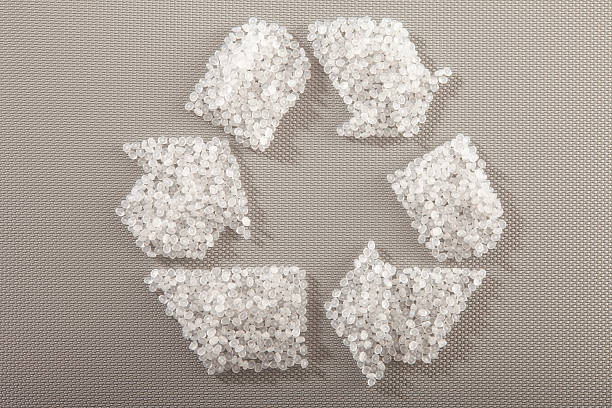
Polymers bonded are revolutionizing medication via their unrivaled convenience and adaptability. They play an important duty in enhancing drug shipment systems, supplying targeted therapies that can substantially enhance individual outcomes. In addition, their applications in tissue engineering show exactly how they can support cell development and regrowth. As you discover the interplay between biocompatibility and safety renovations, you might ask yourself exactly how these developments are shaping the future of medical treatments.
Flexibility in Medical Requests
Polymers play a crucial function in medicine, showing amazing convenience throughout different applications. You'll locate that polymer chemicals are indispensable to the growth of biocompatible products, which are required in implants and prosthetics. Their tunable properties permit exact control over mechanical toughness and degradation rates, making it possible for customized solutions for patient demands. Additionally, polymers act as scaffolds in cells design, offering architectural support even though helping with cell development.
Improved Drug Shipment Systems
Current breakthroughs in polymer innovation have paved the way for enhanced drug delivery systems that considerably enhance healing effectiveness. You're observing the combination of intelligent polymers, like organic polymer, which reply to details physical triggers. These kinds of polymers can envelop drugs, ensuring controlled release at targeted websites, subsequently reducing adverse effects and taking full advantage of treatment impact. By altering their make-up, you can tweak medication launch rates, adapting to various restorative demands.
Developments in Cells Engineering
As the demand for reliable regenerative treatments expands, cutting-edge methods in cells design are emerging, driven by innovations in product scientific research and biotechnology. You'll find that organic polymers play a crucial duty in creating scaffolds that imitate natural extracellular sources. These types of polymers can be engineered to have particular mechanical homes and destruction prices, allowing for customized cells regeneration. By incorporating bioactive particles, you can improve cell attachment and spreading, promoting a lot more reliable tissue combination.
Biocompatibility and Safety And Security Improvements
Although creating brand-new biomaterials, guaranteeing biocompatibility and safety and security is necessary for their success in clinical applications. You require to work together with polymer supplier that recognizes the intricacies of biocompatibility testing. Ingenious polymers can be crafted to reduce immune reactions and enhance integration with biological cells. By utilizing sophisticated methods, such as surface adjustment and the consolidation of bioactive ingredients, you can substantially improve safety and security accounts. Continual surveillance of degradation items and lasting impacts additionally plays a vital duty in reviewing biocompatibility.
Conclusion
Finally, polymers are transforming medicine, and their convenience is like the Swiss Army knife of the biomedical field. From enhancing medicine shipment systems to introducing cells engineering, their distinct residential or commercial properties ensure security and biocompatibility. As we utilize progressed techniques like 3D printing, the possibility for creating intricate scaffolds to sustain regenerative treatments is almost infinite. Embracing these advancements, we're not just keeping up with the times; we're establishing the stage for a healthier future.
Comments
Post a Comment